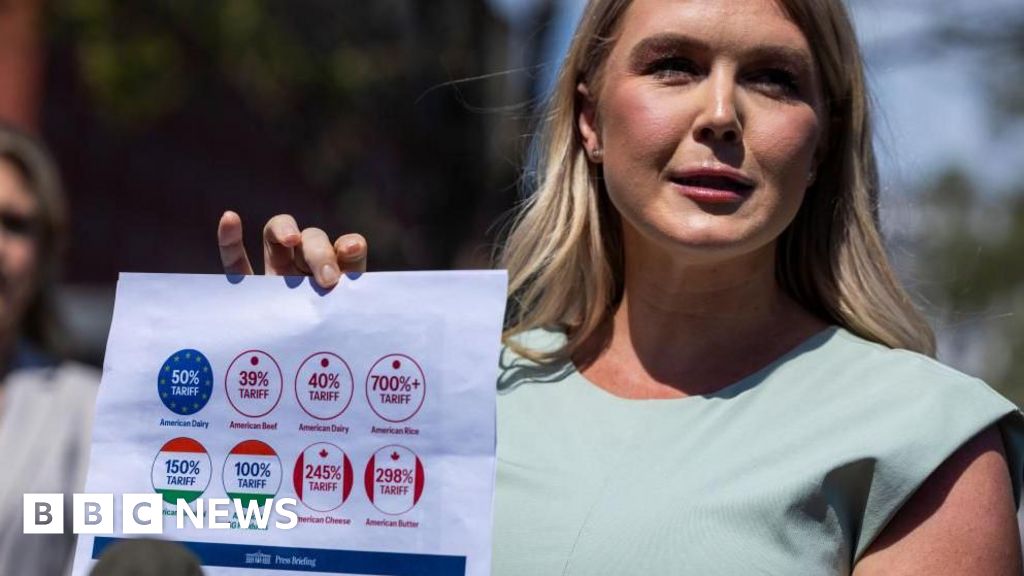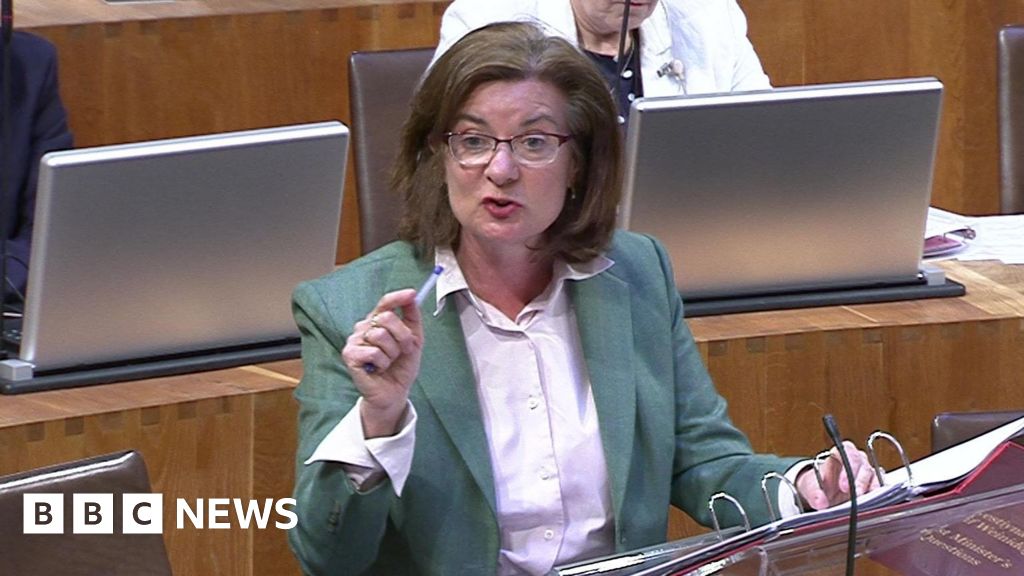ARTICLE AD BOX
By Becky Morton
BBC News
image sourceGetty Images
image captionThe US withdrawal means the Taliban are now in control of Kabul airportThe international community will "push as one voice" for the safe passage of Afghans who want to leave, Boris Johnson has said.
The prime minister's comments came after the UN Security Council urged the Taliban to allow people to leave the country.
US forces withdrew from Afghanistan on Monday, ending their 20-year presence and leaving the Taliban in control.
British troops also left over the weekend.
In a draft resolution adopted on Monday evening, the UN Security Council also urged the Taliban not to allow Afghanistan to become a base for terrorism.
And it called on all parties to allow "full, safe and unhindered access" for the UN and charities to deliver humanitarian aid.
The resolution, drafted by the UK and France, was passed with 13 votes in favour and two abstentions, from China and Russia.
Mr Johnson said it "makes clear that the international community stands with Afghans".
"There can be no return to repression or terror. We will push as one voice for safe passage, humanitarian access and respect for human rights," he wrote on Twitter.
The Taliban has promised those with authorisation will be allowed to leave the country.
But Dame Barbara Woodward, the UK's ambassador to the UN, said the militants would be judged "on the basis of their actions on the ground, not their words".
US Secretary of State Anthony Blinken also pledged to "hold the Taliban to their commitment for free passage".
What next for the international community?
The overt military presence of western powers in Afghanistan may be over. But as Monday night's vote at the United Nations showed, their interests in the country remain.
The difference now is they must seek to influence the Taliban from outside. And that raises tough questions.
How do they engage with the new government? How do they ensure foreign nationals and Afghans can indeed get safe passage out? And how do they protect the free flow of aid to avoid a humanitarian crisis?
The west has some carrots to offer the Taliban - the lifting of sanctions, the promise of diplomatic recognition.
But all that seems some way off, as does a unified international response, given the decision by China and Russia to abstain at the UN.
Nonetheless, diplomats say all sides have a shared interest in ensuring the stability and security of Afghanistan.
More than 15,000 people had been evacuated by the UK from Afghanistan since 14 August.
But it is feared that about 800 to 1,100 eligible Afghans, including those who worked for the UK government, and 100 to 150 British people were unable to get on evacuation flights.
The final flight for US troops left Kabul shortly before midnight local time, meeting President Biden's commitment to withdraw by 31 August.
Despite the withdrawal of Western troops, the head of the RAF has indicated British forces would be prepared to launch air strikes to target Islamic State terrorists in Afghanistan.
Air Chief Marshal Sir Mike Wigston told the Telegraph: "Ultimately what this boils down to is that we've got to be able to play a global role in the global coalition to defeat Daesh, whether it's strike, or whether it's moving troops or equipment into a particular country, at scale and at speed."
"If there's an opportunity for us to contribute, I am in no doubt that we will be ready to - that will be anywhere where violent extremism raises its head, and is a direct or indirect threat to the UK and our allies," he added.
"Afghanistan is probably one of the most inaccessible parts of the world, and we're able to operate there."
The Afghan offshoot of the Islamic State group - known as IS-K - has claimed responsibility for an attack outside Kabul airport on Thursday, which killed more than 100 civilians and 13 US troops.
On Sunday, the US launched a drone strike in Kabul which it said was targeting a suspected suicide bomber associated with IS-K.
Relatives told the BBC the strike killed 10 members of one family, including six children.
The Pentagon said it was investigating reports of civilian deaths.
Meanwhile, the government has pledged £2.7m of extra funding for Operation Courage - the veterans' mental health and wellbeing service - to help those who served in countries including Afghanistan.
Current and former members of the armed forces, including some Tory MPs, have spoken about the huge toll the Taliban takeover and the UK's withdrawal from Afghanistan have had on veterans.

 3 years ago
61
3 years ago
61








 English (US) ·
English (US) ·